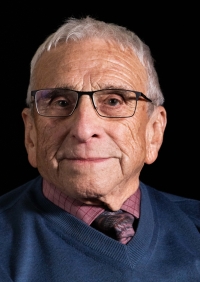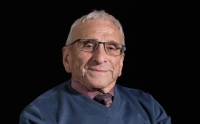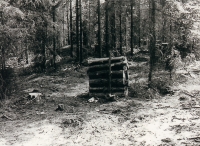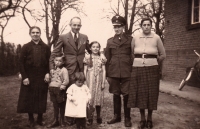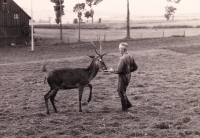It is not about closing the past, but closing it within yourself
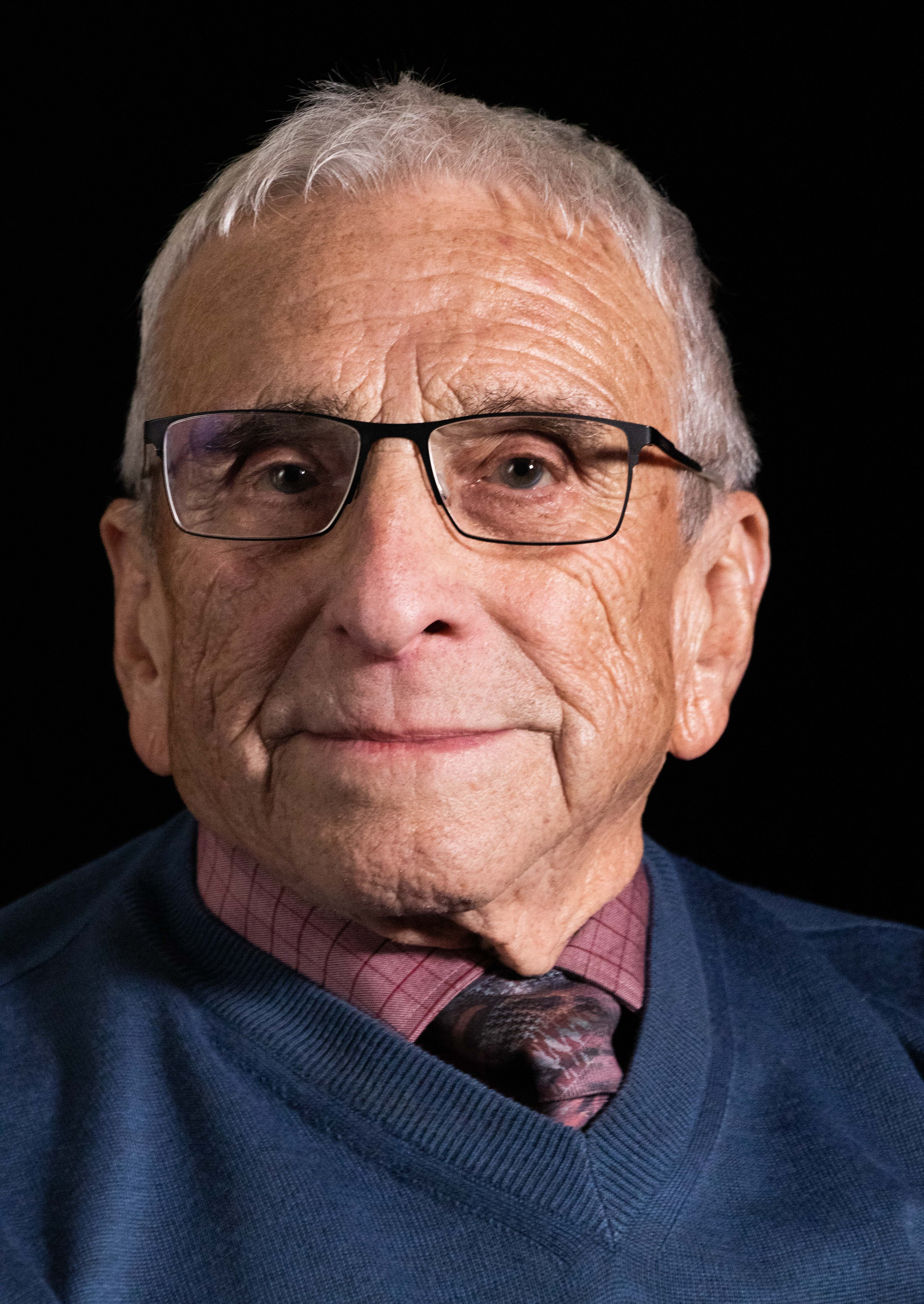
Download image
Friedrich Kraus was born on May 8, 1933 and he spent his entire childhood in the Mariánské Lázně region - his father worked in the state forests, the family lived in a gamekeeper´s cabin. He began his schooling in the nearby village of Tři Sekery, and later attended schools in Mariánské Lázně, Stříbro and Cheb. In 1945, after the raid on Cheb, he was buried in the rubble for several days. In the summer of 1945, the family left to Germany, from March 1946 they lived in Horní Franky, where their father found work as a gamekeeper. Fritz Kraus continued his studies at the grammar school in Münchberg and later in Bayreuth, but when his father died unexpectedly in 1954, he had to become fully independent. For many years he worked for the Landesversicherungsanstalt Oberfranken und Mittelfranken in Bayreuth. In 1972 he graduated from the Verwaltungs und Wirtschafts academy Nürnberg / Erlangen / Bayreuth. In the same year, he was elected to the Bayreuth City Council (CSU), where he worked in various committees for a total of 24 years. After 1989, he was offered to help bring the West German and East German administrations closer together. From 1990 to 1996, he headed the district of Klingenthal from the position of provincial council. He was one of the founders of the Naturpark Erzgebirge Vogtland, and he was the first chairman of the Euregio Egrensis. In his work, he placed great emphasis on the renewal and establishment of contacts with people on the Czech side of the border, in addition to the official way also on a very informal and human level. He has received a number of awards for his lifelong social commitment. He and his wife raised two daughters and a son.
